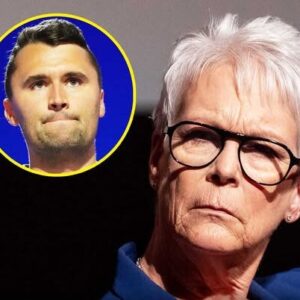Hollywood has lost one of its brightest stars. Robert Redford,
the Oscar-winning actor, director, and visionary founder of
the Sundance Film Festival, passed away at his mountain home
in Utah on September 16, 2025. He was 89. Known for his striking
screen presence and his relentless drive to reshape the film industry,
Redford leaves behind a legacy that stretched far beyond acting.
His death marks the closing chapter of a career that not only
entertained audiences for decades but also transformed how stories are told on screen.
Redford’s career was defined by iconic roles that became part of
American cinematic history. He charmed audiences as the legendary
outlaw in Butch Cassidy and the Sundance Kid (1969), captured the
tension of political corruption in All the President’s Men (1976),
and starred in classics like The Sting, Out of Africa, Three Days
of the Condor, and The Way We Were. His ability to embody both
charm and quiet intensity made him one of the most versatile
actors of his time, admired by critics and beloved by audiences worldwide.
Yet Redford’s influence extended far beyond the silver screen.
In 1981, he founded the Sundance Institute to support independent
filmmakers and give emerging voices a platform. Just three years later,
he turned a struggling Utah film festival into the world-renowned
Sundance Film Festival, a launchpad for groundbreaking films and
a space where bold, independent cinema could thrive. Through this work,
Redford changed the course of filmmaking, giving countless directors,
writers, and actors the chance to share their stories with the world.
Cindi Berger, chief executive of Rogers & Cowen PMK, confirmed that
Redford passed away peacefully in his sleep. While the exact cause
has not yet been revealed, tributes are pouring in from across the globe.
From Hollywood colleagues to aspiring filmmakers who found their
voice at Sundance, Redford’s impact is being remembered not only
in his unforgettable performances but in the opportunities he created
for generations to come. His life’s work stands as a reminder that
cinema is more than entertainment—it is a force that shapes culture,
inspires change, and endures long after the credits roll.





